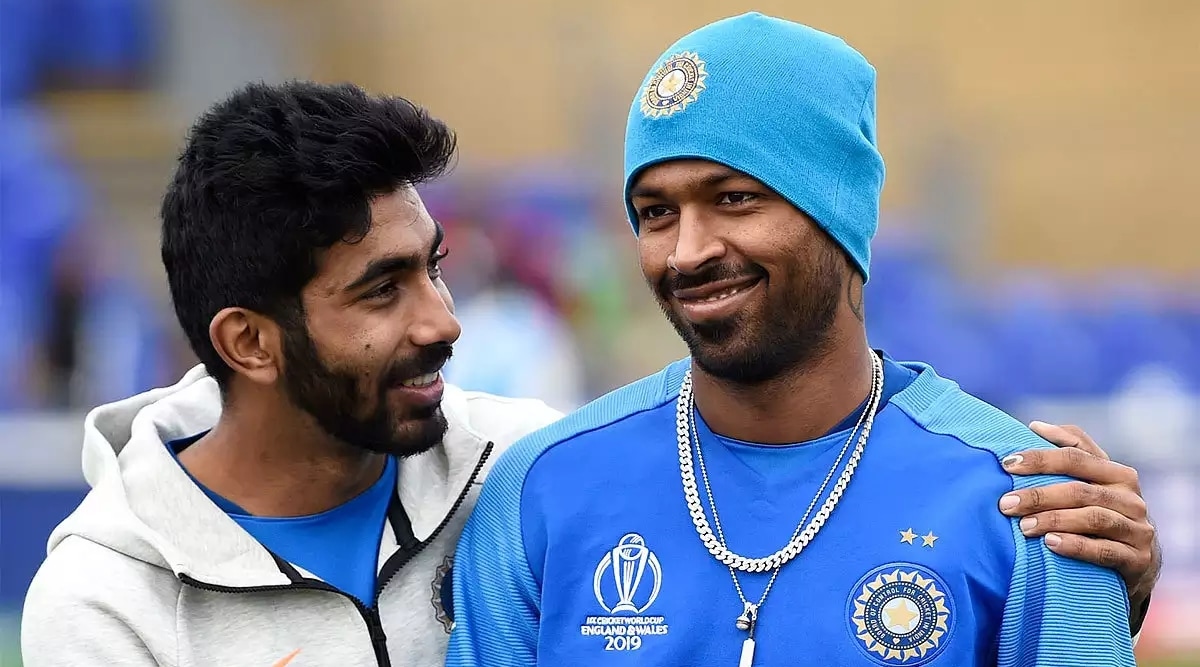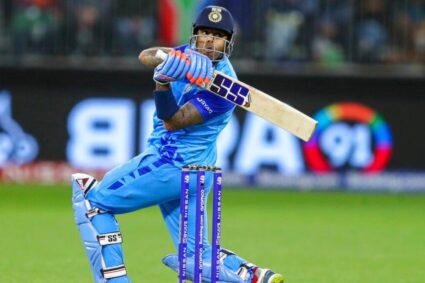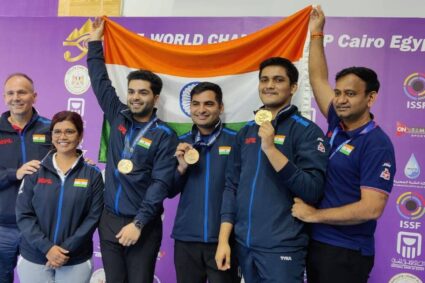

To scale the twin peaks of clinching the World Test Championship and winning a series in England, in a four-month-long stay in that country, India’s selectors have broken away from the much-trodden horses-for-courses path as well as their fixation with seam-bowling all-rounders and wrist spinners. Instead, they have picked the squad on the tangible yardsticks of consistency, continuity and form – the currency of wickets and runs considered more valuable than promise and potential.
At most other times, Hardik Pandya and Bhuvneshwar Kumar might have been perceived as central figures in the selectors’ design for an England tour, even if Pandya is not fully fit to bowl in Tests and Bhuvneshwar has not played a first-class game in more than three years. But such is the range and depth at their fingertips that they could afford to overlook two highly-prized and rare cricketers. Little doubt that both Pandya and Bhuvneshwar, at their peak, could be automatic choices in the eleven, but with doubts over their fitness (Hardik) and Test-match form (Bhuvneshwar), the selectors were unwilling to embrace risk. Instead, merit and form were the guiding stars, they merely rewarded those that have been defining games and moments for the country, without overthinking about whether their skills would suit the likely conditions in England.
A case in point is Axar Patel. Had he been overlooked, it would have barely caused a flutter. Even in a 20-member squad, a third spinner looks like a luxury, least of all someone who is perceivably conditions-reliant. With Ravindra Jadeja and Ravichandran Ashwin back, and Washington Sundar to support them, the selectors could have ignored Patel. He could have been pushed aside with an ‘oh-so-unlucky’ apology. But a haul of 27 wickets in three Tests, irrespective of conditions, merits acknowledgment, and so the selectors stuck with him. He is not a complete stranger to bowling in England either, as he had served Durham in 2018.
Heroes Down Under
Like Patel, who was instrumental in orchestrating the series win over England, the selectors did not ditch the unlikely protagonists of the most thrilling heist in Australia. All of Shardul Thakur, Mohammed Siraj and Washington have confirmed their seats. Not just for filling numbers, but as serious contenders for the playing eleven. Though the nucleus of the Indian bowling has reassembled, Siraj, with his ability to swing the ball both ways at pace, stands a great chance to feature in the World Test Championship final against New Zealand, followed by five Tests against England.
It is Siraj’s exploits in Australia and against England that might have blocked Bhuvneshwar’s Test re-entry. Siraj might not swing the ball as prodigiously as Kumar, or be as accurate, but he can procure movement in their air as well as off the surface in either direction. Moreover, he is sharp and has that valuable spirit of feistiness that makes a bowler indomitable. Add to the bowling brigade, the cunning and craft of spinners Ashwin and Jadeja, and it’s hard to recall a more lethal or gifted band of Indian bowlers, in skill, heart and intelligence. They are all-course horses. And in them would primarily reside Virat Kohli’s dream of winning a Test series in England.
All bases covered
One could argue that a seam-bowling all-rounder and a wrist spinner could have given a roundedness to the squad. As valuable an entity as Pandya, or someone of his ilk, would have been, there is no fussing or lamenting about the dearth of one. Neither was there any temptation to pick someone of inferior quality who can multi-task. For, there’s considerable all-round utility among the ranks, as Ashwin has rekindled his batting touch while Jadeja has upgraded his own. It’s high time the latter is categorised as a genuine all-rounder. The likes of Siraj and Thakur too are no pushovers either. As for a batting all-rounder, there is Washington, whose maturity and calm in duress seem beyond his age. In his case too, the selectors could have drafted in a specialist batsman, but Washington was duly rewarded for his competent batting in Brisbane, Chennai and Ahmedabad. It’s difficult to dislodge someone who averages 66 in this format.
The over-long Kuldeep Yadav experiment too seems to be over, at least temporarily, as the left-arm wrist-spinner has shown little signs of resurgence in any format. Kohli is a big admirer of wrist-spin (most captains are because of their unique gifts), but he has realised that there is no need for one when he has two of the finest finger-spinners of this generation.
The selectors also persisted with Shubman Gill, despite his failures against England (119 runs in seven innings) while KL Rahul too is afforded to redeem his Test career. Gill’s fellow U-19 World Cupper Prithvi Shaw lost out, despite a rich vein of form in the domestic circuit and IPL. Otherwise, there has not been much tinkering in the batting department, though several careers will be made and unmade over the course of the four months in England in India’s bid to scale the twin peaks.






